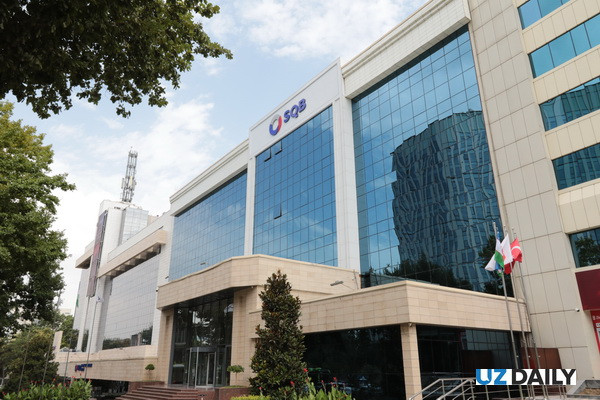By Samuel Norman
Copyright cityam

The UK economy was hit by a “litany of worrying news” in the three months to September with thousands of jobs lost ahead of Rachel Reeves’ second Autumn Budget.
The latest ‘flash’ PMI from S&P Global showed business activity expectations for the year ahead slumped to a three-month low in September as firms braced for a painful Autumn Budget.
“Around 50,000 job losses were signalled by the PMI in the three months to September,” Chris Williamson, chief business economist at S&P said.
Williamson said the latest figures “brought a litany of worrying news including weakening growth, slumping overseas trade, worsening business confidence and further steep job losses”.
He added: “Alarm bells should be ringing that the economy is faltering”.
Manufacturing takes sharp downturn
The UK’s manufacturing output sank to a 6-month low at 45.4 tumbling from 49.3 in August – the fastest decline since March.
In the all-important service sector higher levels of business and consumer spending were “constrained” by “lacklustre UK economic conditions”.
However, the headline index held firm at 51, staying above the 50 threshold which indicates a level of – albeit modest – growth.
Nikesh Sawjani, senior UK economist at Lloyds, said: “With the index still above 50, UK businesses are demonstrating their ability to successfully navigate fast-moving global conditions and as the final trading quarter approaches, many will be gearing up to gain momentum.”
The wafer-thin distance from contraction comes as the Treasury faces pressure to avoid further burdening business in the Autumn Budget.
Williamson said: “Amid talk of further tax rises being needed in the Budget later this year, it’s not surprising to see that business expectations have worsened again in September.”
S&P Global said respondents to the PMI had “widely” commented on weak client confidence alongside “heightened political and economic uncertainty”.
“The only good news is perhaps that, just as the Bank of England grows increasingly worried about persistently elevated inflation, the PMI indicated that price pressures have moderated in September,” Williamson added.
The PMI highlighted the smallest increase in prices charged for goods and services “seen since the pandemic”.
Economy woes spell bad news for Reeves
Thomas Pugh, chief economist at RSM UK said the flash PMI was “more bad news for Rachel Reeves”.
“The drop in the PMI means it’s now effectively signalling stagnation in the economy.
“Admittedly, we take that with a pinch of salt, as the PMI has significantly underplayed the strength of the economy so far this year, but there is little good news in today’s report.
He added the tax speculation was only set to fuel budget anxieties and further weigh on business confidence.
Pugh said further drops would “feed into lower new orders and employment, exacerbating the economic woes facing the Chancellor”.



